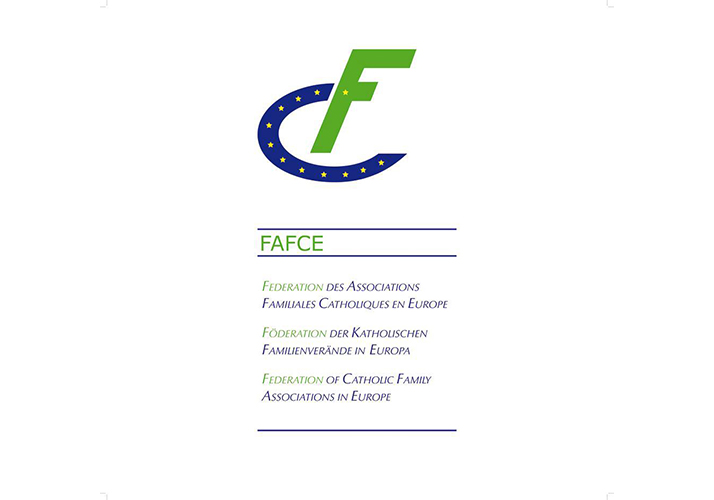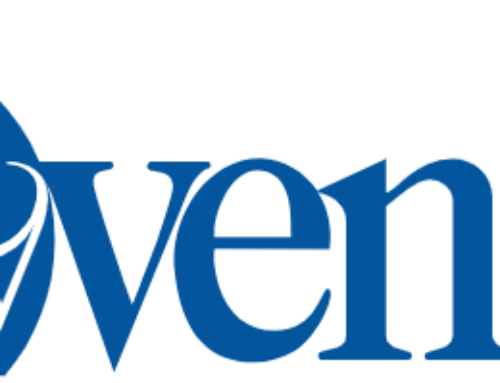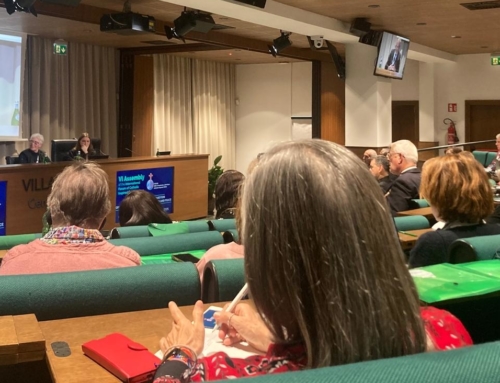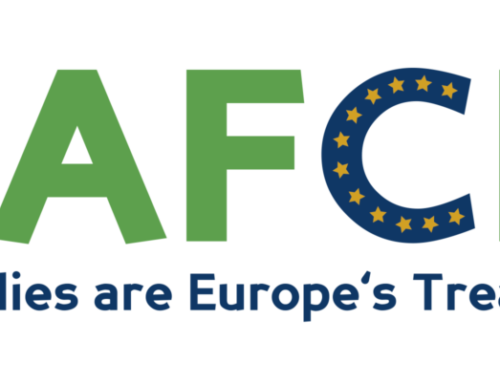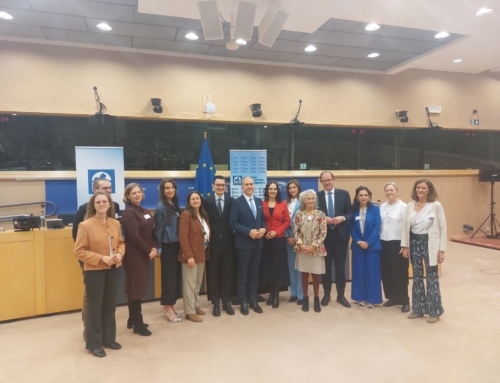On 22 October a European Parliament report on “Sexual and Reproductive Health and Rights” (SRHR) was referred back to the Committee on Womens’ Rights and Gender Equality (FEMM). It is indeed an exception for an initiative report, i.e. a report initiated by the Parliament itself, to be referred back to the competent committee as was the case with the report presented by Portuguese MEP Edite Estrela. Exceptional was also the number of amendments tabled for this report in the plenary vote. These facts point to the clear divide on the contents of the report within the EP, and the extremely vivid debate at the moment of the vote on 22nd October also illustrated that the issue of “SRHR”, that is subject to subsidiarity, is an explicit overstepping of the mandate of the EU in this case represented by the democratically elected MEP.
As the Estrela report is now back on the agenda of the FEMM Committee, in a very swift procedure – the report is scheduled to be discussed on 25 November and voted on 26 November – families across Europe are looking towards their MEP, counting on their respect for the democratic procedure.
As FAFCE pointed out in its’ analysis of the report the current version is very far from what parents desire for their children’s education. Parents are the first and primary educators of their children and as such have the right to choose the education they wish for their children. A right recognised by the Universal Declaration on Human Rights (art. 26.3). In the light of international right it is therefore very worrying to see that the report presented by Ms Estrela reads more like the agenda set by the International Planned Parenthood Federation (IPPF) and other lobbygroups and not as a proposal based on the common sense shared by mothers and fathers across the entire EU. Which mother or father would desire their child to be informed about masturbation from their moment of birth? It is a very disturbing question as an infant is entirely dependent on his or her parents. If one were to take the reasoning to its conclusion parents or other adults would assist an infant to masturbate. There are others terms for such a situation, namely incest or pedophilia. It may sound extreme but this is part of the programme proposed by Ms Estrela in her report. Indeed there is one unique reference to the contents of sexual education in her report, namely the WHO guidelinesprepared together with the German Federal Centre for Health Education (BZgA) and published in 2010. These guidelines are promoted throughout Europe and have also made their way into Ms Etrela’s report.
The above example gives a hint to the grounds of Ms Estrela’s report. That it has not been drafted only by herself was clearly stated by Ms Estrela herself as she thanked NGOs in the hemicycle on the evening prior to the plenary vote. It is also a fact that IPPF Europe’s office contributed to the report before it was even made public within the FEMM Committee: IPPF Europe’s representative claimed having contributed to the draft report in public on the very same afternoon it was presented in the FEMM Committee…
The speed at which the report is coming back to the table is surprising given that there are many other reports to be treated. Not only has the FEMM Committee put this as the first item on its agenda for its next meeting on 25 November but the report has also made its way to the draft agenda for the December plenary session.
As the European elections are getting closer the citizens in the EU are paying close attention to the political behaviour of their representatives. A democratic treatment of Ms Estrela’s report, taking into account the popular expression would be the least to expect and it is certain that the outcome of this text will have a great influence one the choices made at the moment of the elections: depriving parents of their fundamental rights regarding the education of their children of whom they are responsible could sum up to a heavy cost for politicians who don’t listen to the common sense of families in Europe…

